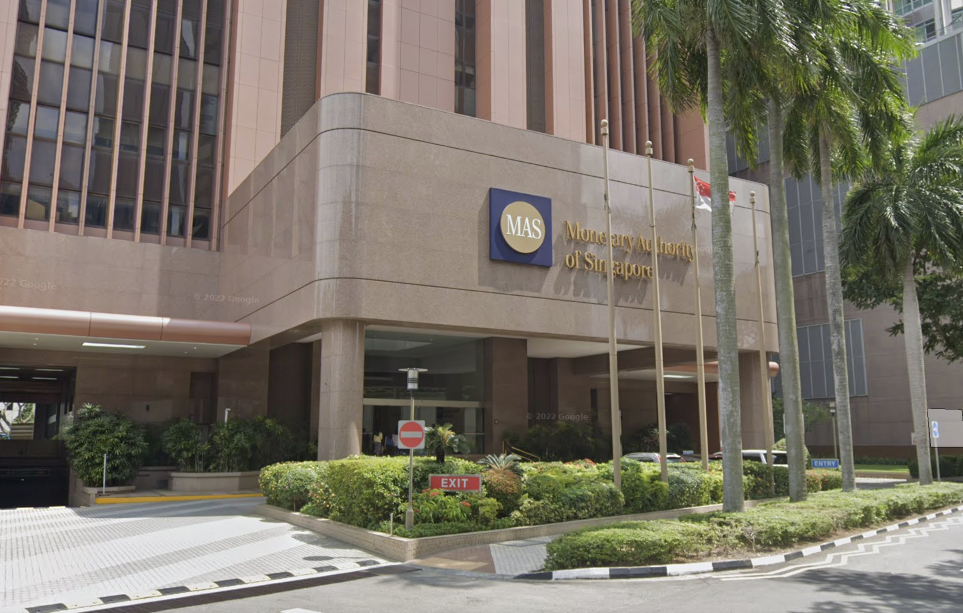Renowned digital assets exchange platform Coinbase has recently gained a major payments license from the Monetary Authority of Singapore (MAS). This will enable the exchange to offer Bitcoin buying and selling services to both retail and institutional investors in the city-state.

Coinbase’s Payments License
According to the announcement shared on October 1, the MAS has granted full payment approval to the U.S.-based company to operate by Singapore’s central bank. It reads:
“This development, coming after our initial In Principle Approval, amplifies our commitment to the Singapore market, enabling us to expand our provision of Digital Payment Token services to both individuals and institutions in Singapore.”
Notably, the MAS had granted initial In Principle Approval to Coinbase in October last year. From its initial foray into the Lion City, Singapore has emerged as a vital market for Coinbase. The nation’s “progressive economic strategies and approach to regulation” seamlessly align with its overarching global mission and objectives, states Coinbase.
Interestingly, the exchange has launched multiple products customized specifically for Singapore users to cater to the increasing demands and distinctive market dynamics in the region. For instance, it introduced convenient funding options such as PayNow and FAST bank transfers earlier this year.
Singapore, which has emerged as a Bitcoin center in Asia in recent years, has attracted firms from multiple countries, including China and India. Coinbase cited survey data showing that 32% of Singaporeans either own digital assets or have previous ownership experience.
However, the industry witnessed a series of setbacks in 2022, with notable collapses such as the hedge fund Three Arrows Capital. As a result, Singapore’s state investment firm, Temasek, reduced the compensation of the team responsible for recommending a $275 million investment in the now-bankrupt FTX.
Regulatory Stance in Singapore
The MAS, serving as the country’s central bank and financial regulator, recently made it clear on its website that it only grants licenses to firms that demonstrate robust anti-money laundering controls. Interestingly, the regulator noted that “most applicants have not been successful.”
Nonetheless, the MAS reported that fourteen companies, including Revolut’s Singaporean arm and Blockchain.com, have successfully secured licenses for digital assets payments. Notably, according to a report by Reuters, around 180 companies applied for the payments license in 2020 under the new regime.
Last August, MAS announced its plans to introduce regulations designed to impose more stringent controls on retail investors trading digital assets. This decision was made amid concerns that investors were displaying an “irrationally oblivious” attitude towards the associated risks.










